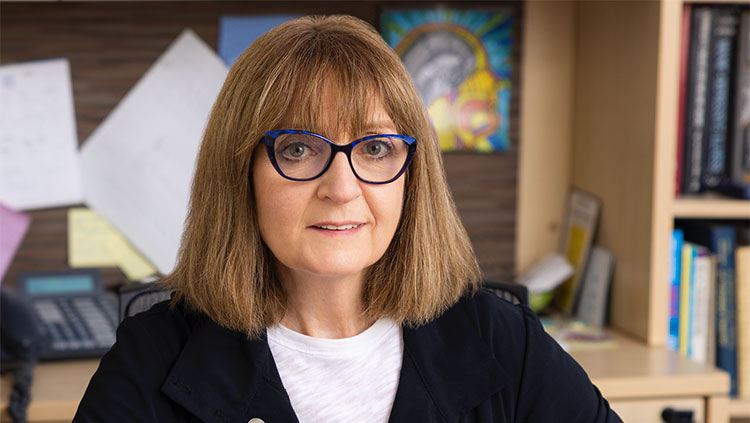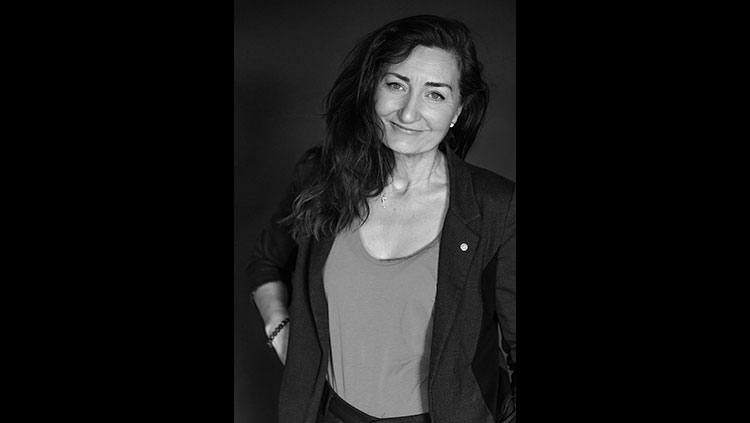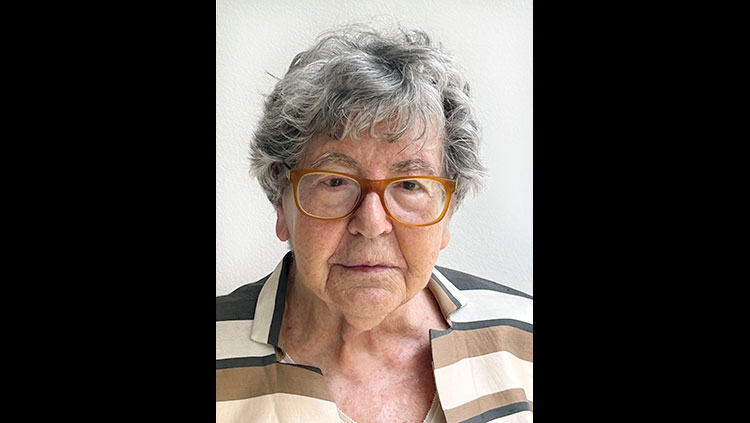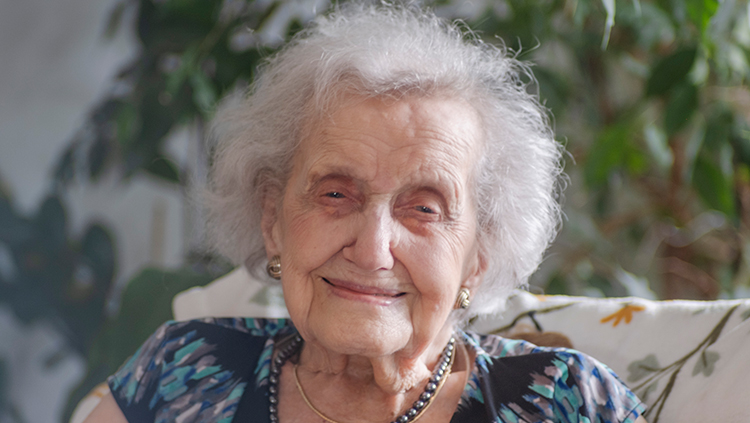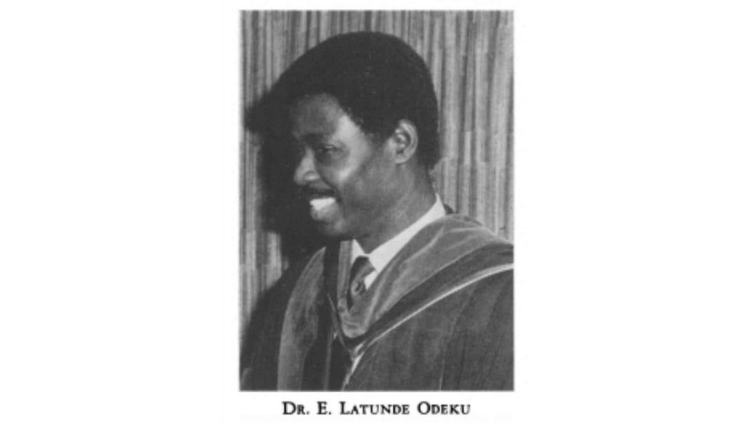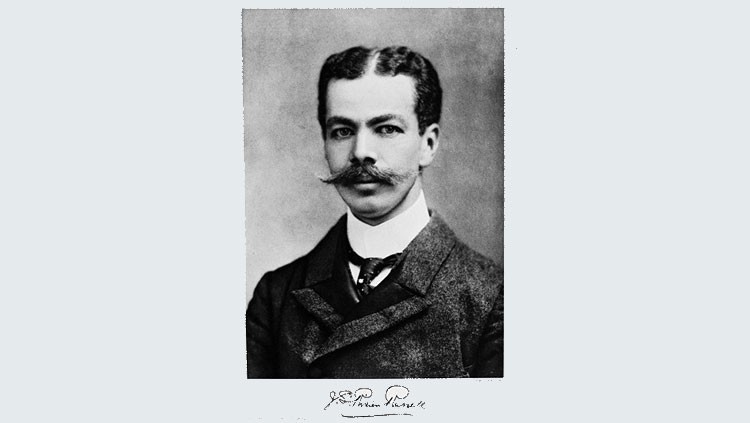How It Started: The Founding of Black in Neuro
- Published23 Feb 2023
- Source BrainFacts/SfN
The murder of George Floyd in May 2020 in Minneapolis sparked protests worldwide and inspired the formation of groups centered on connection and visibility for Black people in predominately white organizations and institutions.
Two months later, Angeline Dukes, an assistant professor in the Department of Neuroscience at the University of Minnesota, formed Black in Neuro in July 2020 — a nonprofit organization that aims to diversify neurosciences through community-building and celebration.
Video produced by Riki Davis, Taylor Johnson, and Emily O’Connor for BrainFacts.org.
Storyboarding and editorial production by Tristan Rivera and Juliet M. Beverly.
CONTENT PROVIDED BY
BrainFacts/SfN
Transcript
When I was growing up, I never saw a scientist who looked like me. If you would have told me, you know, to draw scientist, it would have been someone who looks like Albert Einstein, a very old white man with some crazy hair and glasses. And although I do have glasses, it's just not someone who looks like me. And it's not some place that I would have ever seen myself.
And, so through everything that I do, from teaching, to research, to diversity, and equity, and inclusion work, it's really just showing little Black girls like myself that they can do this too, that they can be a researcher, they can be a scientist, they can be a neuroscientist. It's not as overwhelming or as scary as the word sounds like it is, but it's very possible for them to achieve; this is a dream, too.
Text on screen: In 2020, Angeline Dukes founded Black in Neuro — a grassroots organization to build community with Black researchers, engineers, and communicators in neuroscience.
There was a lot happening not only with the pandemic, but also with the ongoing issues with police brutality and the international protests occurring at same time. If you recall, there was an incident in Central Park with a white woman calling the police on a Black man who asked her to leash her dog.
From that sparked Black Birders Week, which was a weeklong event that really celebrated Black people in nature and just kind of proved that we have a right to be there, too. It was just showcasing that as much as everyone else, Black people deserve to be in nature without having the police called on them, and really celebrated the things that they were doing there.
After that came Black in Astro, which celebrated Black people in astronomy related fields. And so seeing those two, I was just really inspired, and I really just wanted to know where are the Black people in neuroscience?
When I sent out that initial tweet was that I just really, really wanted to connect with other Black neuroscientists. I wanted to find my people. I wanted to build community. I wanted to feel less alone. And so I sent out a tweet that was just: “So, when are we doing Black in Neuro week?”
I honestly was not expecting anyone to respond. Some people don't know this, it was sitting in my drafts for like two hours before I actually sent the tweet out. So I was like, “Oh, nobody's going to be interested in this.” Like, there's no point in me actually tweeting about this.
But quite a few people responded, and they were like, “Yes, this sounds amazing. I would love to help out with this,” because I had also mentioned that I could not do it alone — there's no way I could put this all together by myself.
About 20-plus people actually responded to that initial tweet, and they had said, “I would love to help out. I would love to, you know, help this come into fruition.” And so, from that Friday, I had sent out that initial tweet in the afternoon. By that Saturday, we started a Slack channel. That Sunday, we had our first meeting, and we started planning. And three weeks later, we had our inaugural Black in Neuro in July 2020. It was absolutely incredible. It was a week filled with events, and people, and just a celebration of Black joy and Black neuroscientists doing amazing work all around the world.
And after Black in Neuro Week ended, we just knew we couldn't stop. Our community needed it. We needed it. I just was so in love with how absolutely incredible it was to connect with all of these Black neuroscientists all around the world.
What to Read Next
Also In Meet the Researcher
Trending
Popular articles on BrainFacts.org



